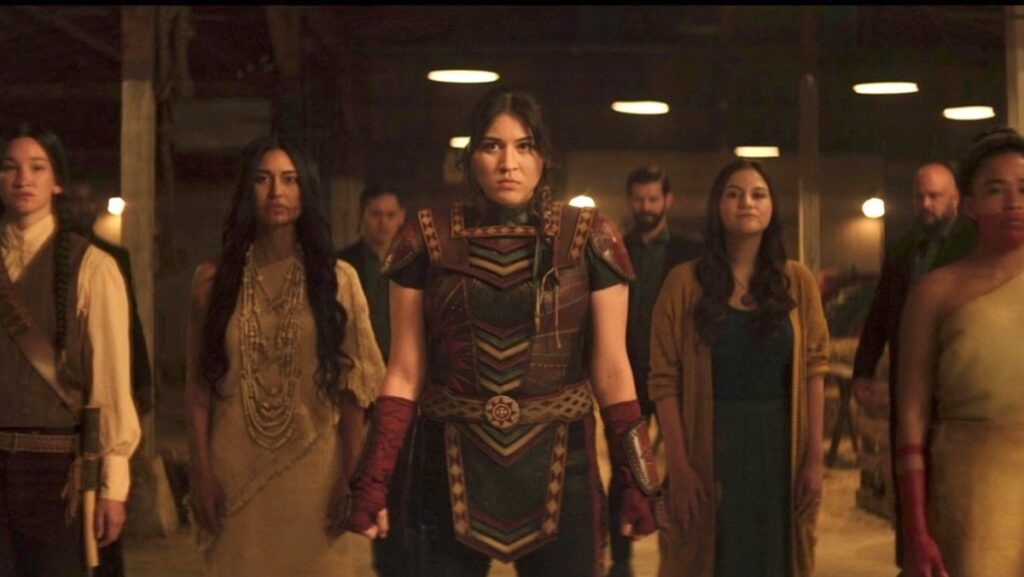Movie and television adaptations of X-Men comics have been a mixed bag. For every winner like X-Men: Days of Future Past and Logan, there are duds like The New Mutants and X-Men: The Last Stand. (They were 20th Century Fox’s attempts to adapt the Demon Bear Saga and the Dark Phoenix Saga, respectively). That said, the MCU’s newest release, Echo on Disney+, has quietly alluded to a cornerstone force in X-Men lore. Echo reveals that Maya Lopez’s abilities in the MCU are very reminiscent of the Phoenix Force. In the future, we may discover that her power is indeed this.
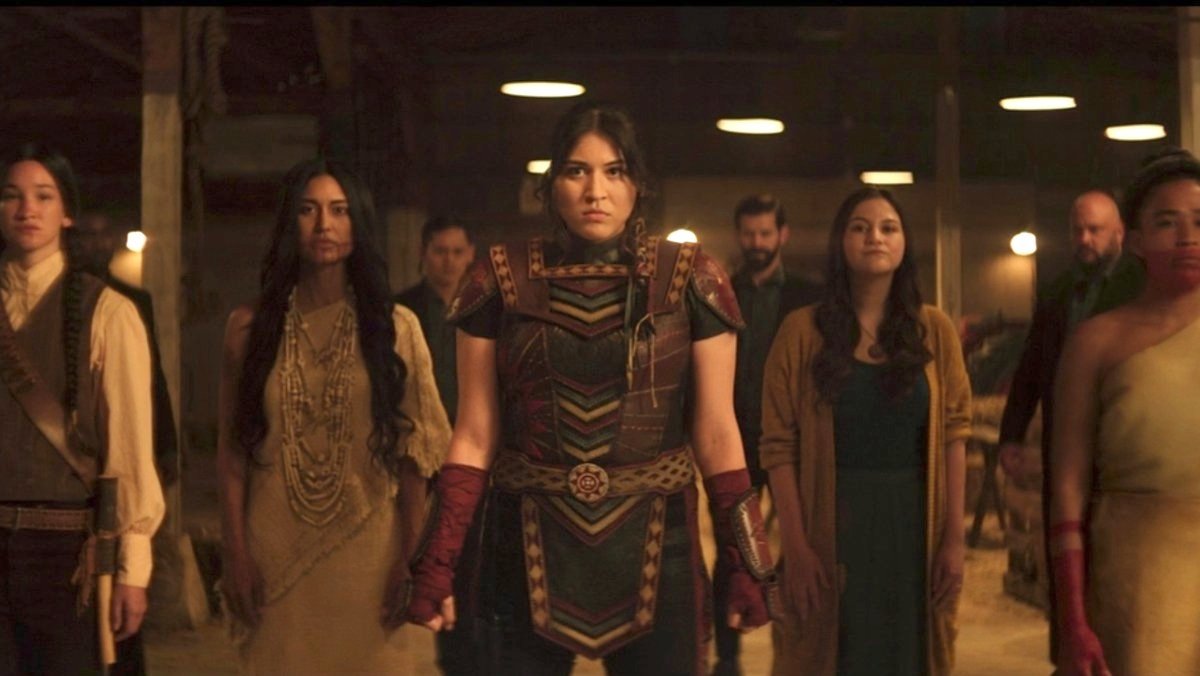
What we do see is similar to a lesser known aspect about one of the Marvel Universe’s most powerful entities. In a sense, Echo gives X-Men fans a well-rounded look at the Phoenix Force, without trying to adapt the Dark Phoenix Saga again.
For better or for worse, the Phoenix Force is a staple in X-Men comics. It is a primordial entity that exists beyond time and space. The Phoenix Force draws its power from the life force of future generations. It is tied to the mutant Jean Grey, the first X-Men character to be the Phoenix Force’s host, debuting in Uncanny X-Men #101 by Chris Claremont, Dave Cockrum, and Frank Chiaramonte. Bonding with the Phoenix Force enhanced Jean’s telepathic and telekinetic abilities, and allowed her to travel across space.
However, the power of the Phoenix Force made Jean volatile. In order to sate the Phoenix, she consumed the energy of a star. By doing this, Jean accidentally killed billions of people in a faraway galaxy. In this form, Jean became the “Dark Phoenix.” The X-Men’s battle against her is crystallized in the now-iconic Dark Phoenix Saga spanning Uncanny X-Men #129-138.
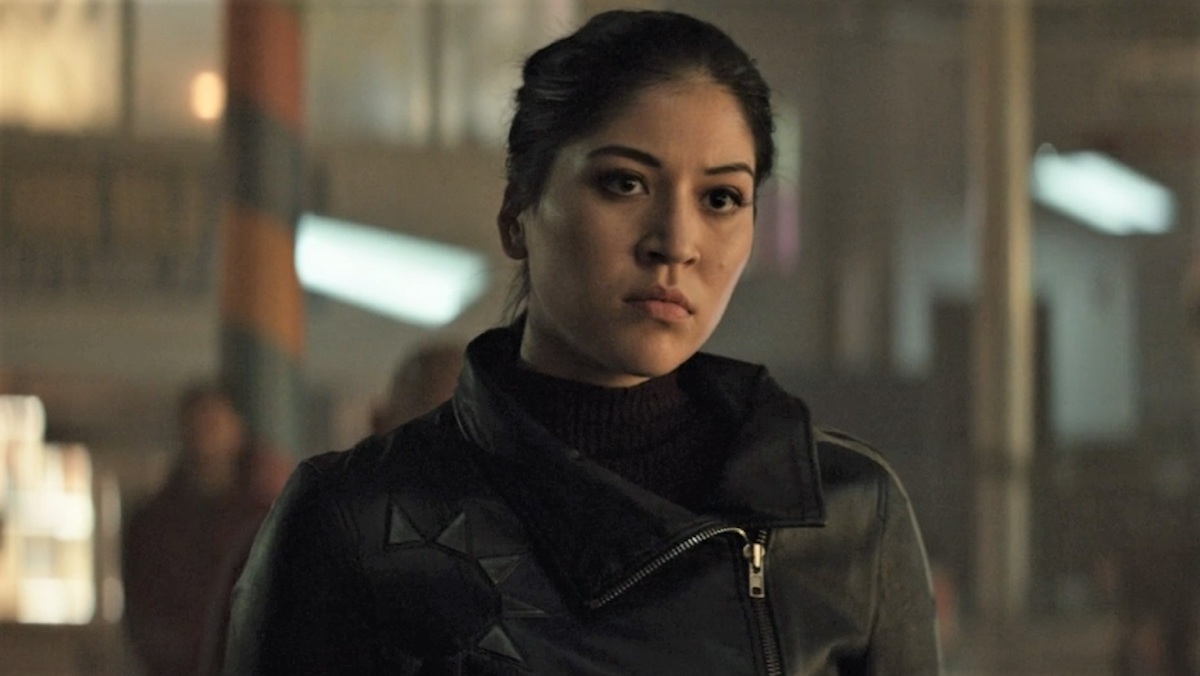
That said, the Phoenix Force is much more than the impetus for Jean Grey’s downfall. It has continued to impact X-Men comics in the years since the Dark Phoenix Saga. Jean Grey’s own daughter, Rachel Summers, became a host of the Phoenix for some time. The White Hot Room, the home of the Phoenix Force, is currently where thousands of mutants are taking refuge. (This is in Immortal X-Men #16 by Kieron Gillen and Lucas Werneck.) The Phoenix’s most dramatic and widely-known story is a cautionary tale about power. However, the Phoenix itself hasn’t been defined in Marvel Comics by the events of the Dark Phoenix Saga.
X-Men films have not kept up with the diversity of the Phoenix Force’s uses, however. The Dark Phoenix Saga has been adapted, to use the word generously, twice now in X-Men: The Last Stand (2006) and X-Men: Dark Phoenix (2019). Narrative shortcomings aside, both The Last Stand and Dark Phoenix provide incomplete looks at the Phoenix Force. Both films focus on the spectacle of power’s corruption and less on the expansiveness that the Phoenix actually possesses.
And this is what brings us to Echo. In the miniseries, Maya Lopez (Alaqua Cox) gets brand new superpowers that are based in the power of her maternal ancestors. She possesses superhuman strength, and can heal physical and emotional injuries. When she uses these powers, her hands glow orange. The most crucial aspect of Maya’s powers is that she can transcend time and space with her powers, accessing not only her own memories, but the memories of others, too.
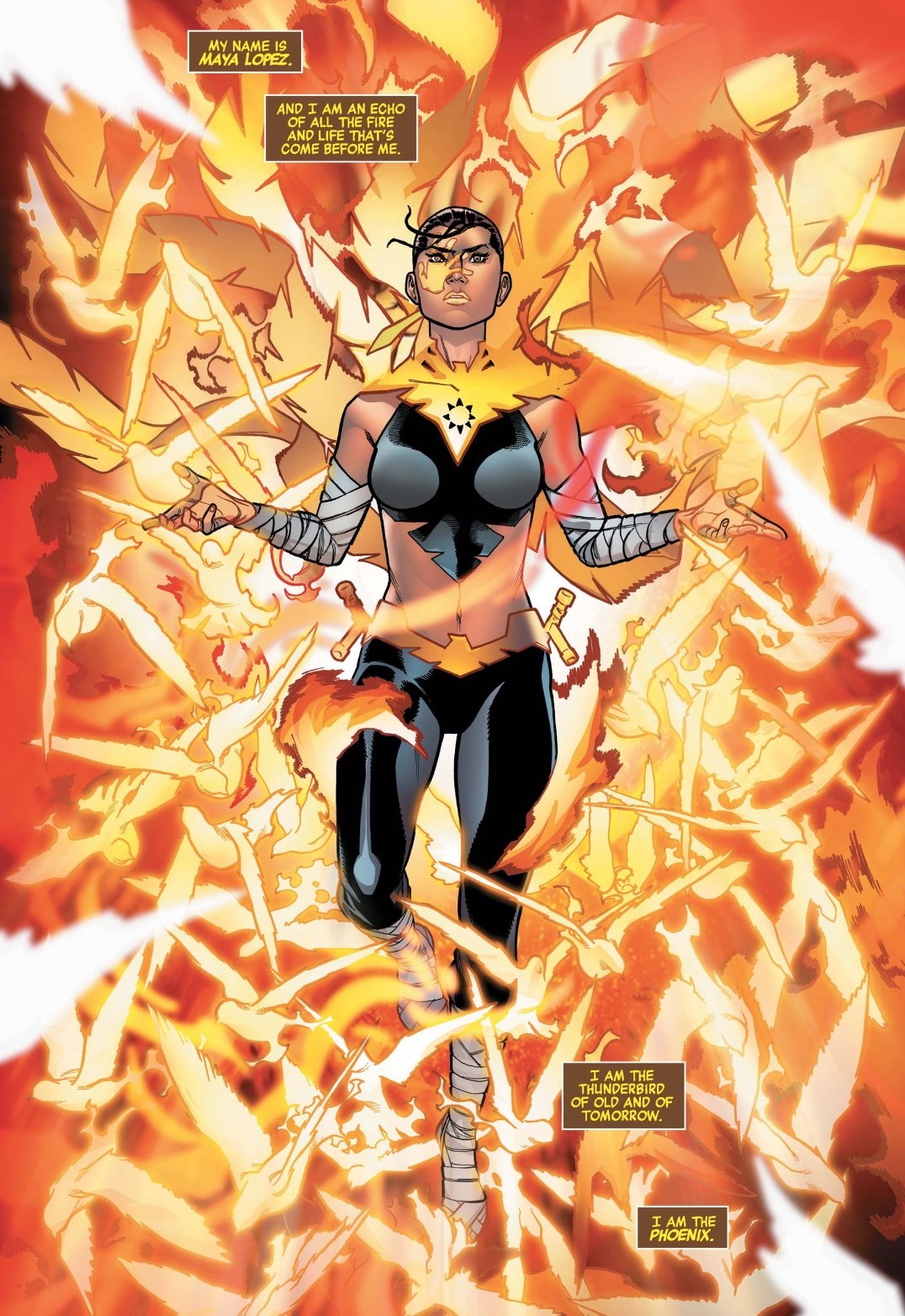
Echo never explicitly confirms that Maya has the Phoenix Force. However, there is a comic book basis that makes the case for why and how Echo could have introduced the Phoenix Force into the MCU. In Jason Aaron and Javier Garrón’s Avengers run, Echo became the host of the Phoenix Force. During the Phoenix Song: Echo miniseries by Rebecca Roanhorse and Luca Maresca, Echo used her Phoenix powers to travel back in time to save generations of her ancestors from a villain who was targeting them.
The fact that Maya can traverse time and space with her powers on Echo recalls a side of the Phoenix Force that hasn’t been in a movie or television adaptation. The Phoenix Force is based in the power of life from the past, present, and future in the universe. Therefore, its abilities can challenge the stability of the present for its hosts. This parallels Maya’s experiences in Echo, where she suddenly encounters visions of women from different places and time periods, who she later learns are her ancestors. As such, Maya’s power isn’t entirely based in the present, but also the past.
Representing the spirit of the Phoenix Force in Maya’s powers on Echo provides a satisfying vision of the entity, divorced from past adaptations. Part of the appeal of X-Men comics is the diversity of their stories, and the malleability of concepts like the Phoenix Force. Whether or not the Phoenix Force is explicitly present in Echo, the miniseries provides a compelling model for how the Phoenix could be used in future MCU stories.
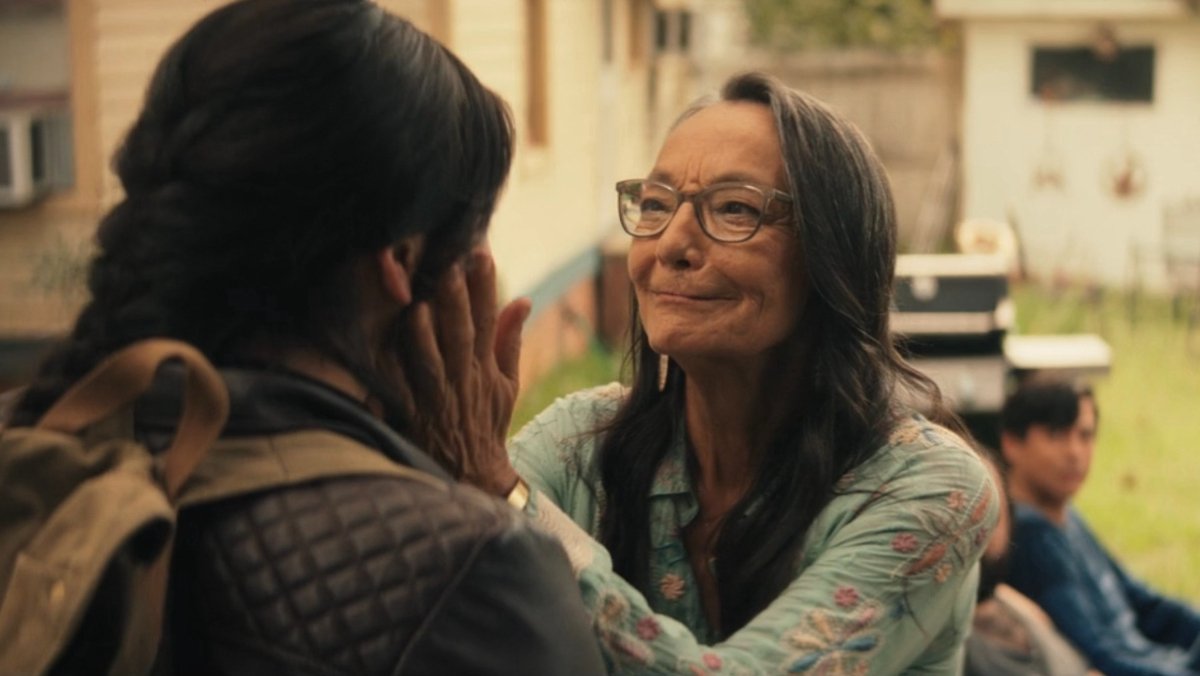
Rather than leading with a spectacle of power, Echo leads with the emotional journey of its protagonist. Her powers mark her acceptance of her lineage. Maya’s powers on Echo are born from the specificities of her Choctaw heritage. And their application follow in service of her lineage. This is the same ethos that guides her journey in Phoenix Song: Echo.
Echo is vastly different from other projects in the MCU. Its deviation from franchise norms is a valiant effort to tell a unique story for Maya Lopez. The Phoenix Force has long suffered from misunderstandings and misapplications onscreen. Now, Echo is the perfect opportunity for rebirth. Let’s hope that we see much more of Maya and her mysterious powers in the future.

